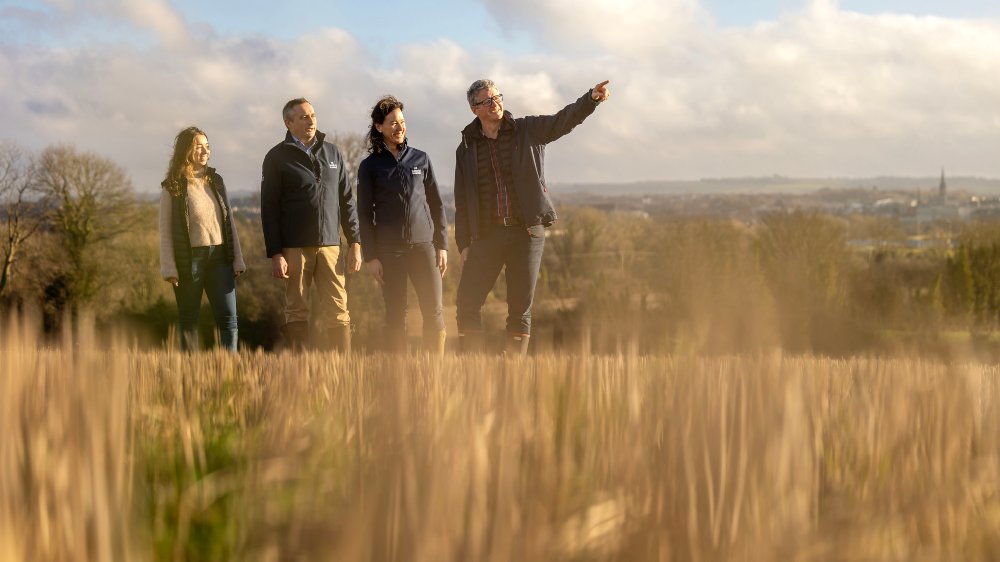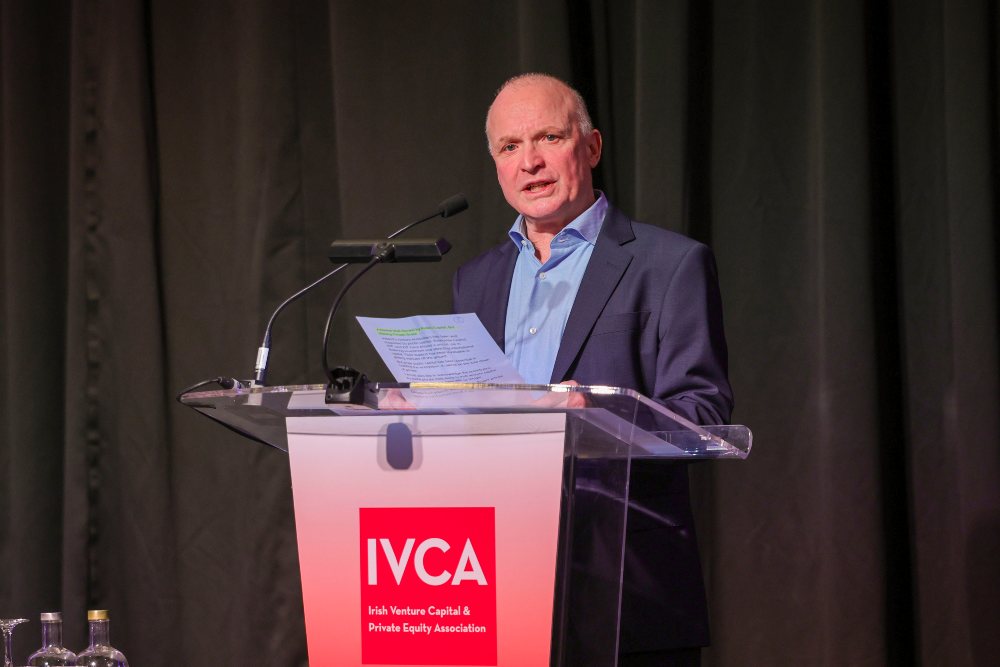Fiona Fennell from Think4Purpose explains how leaders can create psychological safety rather than false security for their staff.
In such changed and still ever- changing times, it is tempting to take the safe option of avoiding conflict at any cost.
We all want to keep everyone on board with the strain of remote working and Zoomitis creeping in.
“As managers, people look to us for solutions but what if providing these creates a false sense of security? ”
However, by taking the safe (instead of sorry) option, we are putting our collective IQ at risk and there is an alternative. We can aim for ‘psychological safety’ where people can sometimes make the mistakes necessary to solve problems and here is how:
Make the Time
Trust is like good science, it simply takes time. There are no shortcuts. It builds through a shared history of regular and frequent exposure and stands up to testing.
Increasingly, however, work is becoming a series of short projects (or in Agile speak ‘sprints’) by virtual teams across multiple domains.
While trust is one-to-one, these are about a collective effort and depend on open exchange, challenging one another and rigorous thinking While it isn’t easy, creating the necessary ‘psychological safety’ is at least faster.
Speaking up
It can be harder to express a different opinion in a remote conversation. The negative effect of this is worsened by the fact that it’s also harder for managers to read when people are holding back or simply agreeing for politeness.
To encourage people to “unmute”, we can make it safer to say the ‘wrong’ thing. Why not rotate the role of ‘devil’s advocate’ to encourage the necessary challenge? Even good ideas need their assumptions testing before they get rolled out, or don’t they won’t have buy-in from the outset.
Take a relational risk
As managers, people look to us for solutions but what if providing these creates a false sense of security? After all, the more technically complex a task, the less likely it is that any single person can generate unique insights consistently. Instead, encourage people to see you more as a solutions enabler than provider. Position yourself as ‘supportive’ rather than ‘directive’.
Its fine to give clear instructions in a crisis but otherwise, simply provide the structure that makes open communication easier between all stakeholders. This way, staff get to choose to be responsible.
Have hard conversations
Telling staff to be more personally responsible doesn’t work when we don’t allow them to be and it actually increases stress.
The first and most important hard conversation you may need to have is with yourself.
Do you like to be seen as the expert and to give your staff ‘right answers’? This might get the job done but the pitfall is that you are replacing your expertise for opportunity for them to take responsibility. Coaching is a process. They learn more if you can unlearn the habit of giving solutions, instead enabling staff to make choices and create their own.
Be open to failure
There are many types of failure and some are even worth celebrating. Believe it or not, companies like Eli Lilly, a world leading vaccine developer, actually host ‘failure parties’.
In fact, this isn’t surprising as vaccine manufacturing is notoriously tricky and so failures are routinely experienced to develop processes. ‘Intelligent failures’ occur when these produce valuable discoveries. We should all be on the look-out for these more as increasingly we work in a climate where the outcome is unknowable before we start.
Mark these as part of you learning journey to create ‘psychological safety ‘ and the openness that helps avoid ‘preventable’ failure. In fact, if we’re willing to put our hands up quickly when mistakes are made, we can even prevent ‘complex’ failures when internal risk factors and external change collide.

The author, Fiona Fennell is an organisational behaviourist. She is the founder of Think4Purpose who support groups to improve collective thinking and solve ‘hard’ problems using a “Safe Uncertainty” approach.
Published: 8 December 2020












